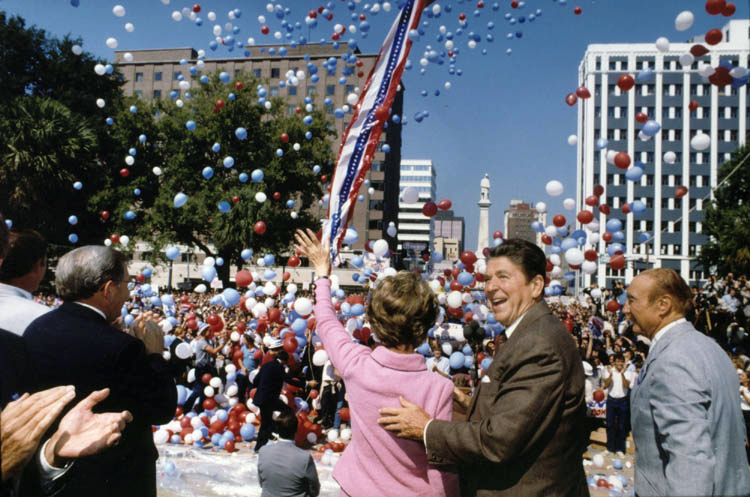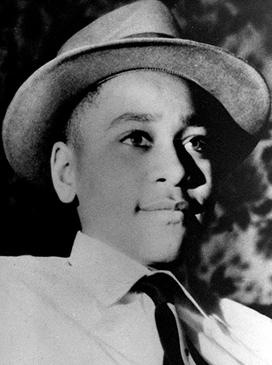We have tickets for the performance of Living Out on Thursday, March 3! The performance is in the Parilla Performing Arts Center at the south end of campus. The play will begin at 8 pm and continue until 10:15 pm with one intermission. Therefore, we will meet at HU 115 at 7 pm, have a mini-class on M. Butterfly, and walk over to the Parilla Center.
Here are some links about Living Out. The first review is of a 2004 performance at Bethesda's Round House Theater.
A year earlier the play was performed in NYC:
More recently, Portland Oregon's Actors' Conservatory performed the play:
Below are some links to videos that we saw in class tonight:
The HBO version begins here:
Here we see Prior & Harper's encounter:
Here is a scene with Al Pacino as Roy Cohn. (Remember him as Richard III?)
These two videos are from the 2010 Broadway revival of Angels:
Note that the second video includes scenes from the second part of Angels.
Ah, time & energy paid off! Here are some scenes from other stage versions. The first is from a community college in New Jersey:
Next is a trailer from the University of North Carolina's professional theater:
I'm not sure where this clip is from, but the comments praise it:
I'll close with a few clips from M. Butterfly.
Yes, yes, in the 1990s, there was a movie version starring Jeremy Irons and John Lone:
For an interview with playwright David Henry Hwang, see this video:
This recent version was performed at Minneapolis' Guthrie Theater:
Here are clips from Puccini's opera, Madame Butterfly. Gallimard and Song are referring to this opera.
Enjoy!














 Reading Arthur Miller's memoir about his 1983 production of Death of a Salesman makes me realize how much American culture has changed since then and perhaps even how diverse Montgomery County is. Indeed, Miller observes, "[the actors] are simply the-Lomans-as- Chinese-looking people. This places them in some country of the mind, not in any earthly geography" (172). Could one say this about the New York and Boston of *our* today, to use Miller's stage directions?
Reading Arthur Miller's memoir about his 1983 production of Death of a Salesman makes me realize how much American culture has changed since then and perhaps even how diverse Montgomery County is. Indeed, Miller observes, "[the actors] are simply the-Lomans-as- Chinese-looking people. This places them in some country of the mind, not in any earthly geography" (172). Could one say this about the New York and Boston of *our* today, to use Miller's stage directions?





